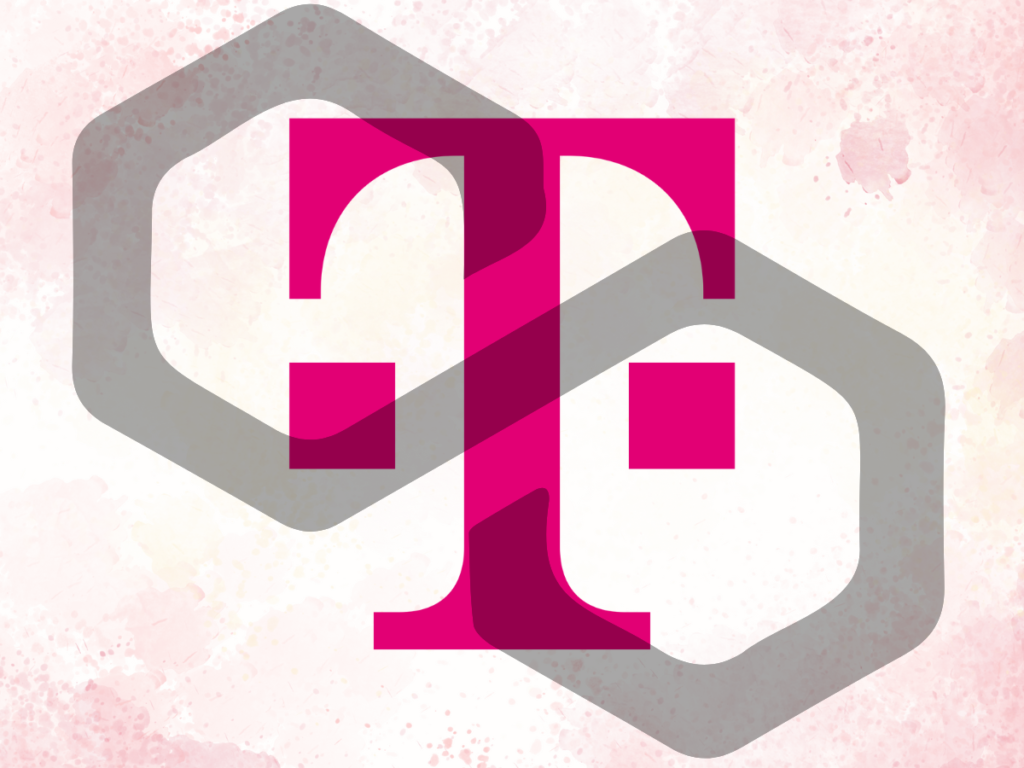Learn about the notable announcement as Deutsche Telekom, a telecommunications leader, joins Polygon as a validator, benefiting Ethereum’s Layer 2 network by enhancing decentralization and strengthening its Proof-of-Stake mechanism.
Deutsche Telekom, a global leader in telecommunications, declared today that it will join the Polygon infrastructure as a validator. The information is extremely advantageous for Ethereum’s Layer 2, which strengthens and further decentralizes its Proof-of-Stake network.
Deutsche Telekom increases its Polygon node count
Deutsche Telekom, a global telecommunications giant, will soon be able to successfully validate transactions within the Polygon network, Ethereum’s primary scaling network with a $1 billion TVL.
Given its recent involvements with Flow, Celo, Chainlink, and Ethereum, this does not constitute the German company’s first foray into the blockchain industry.
In this regard, Deutsche Telekom has joined as a node operator in October 2022, more especially in the liquid staking market, with reference to Vitalik Buterin’s network, which works as a crucial hub in the creation of smart contracts.
Today it’s Polygon’s time, which is growing its inner circle of validators (about 100) by further decentralizing block validation while boosting network security concurrently.
Dirk Röder, the director of Deutsche Telekom’s Blockchain Solutions Center, provided the following remark in response to the news:
The Polygon ecosystem is very developer-friendly and resource-efficient. It is based on the highest security standards of the Ethereum ecosystem.
However, Polygon Labs’ Chief Operating Officer, Michael Blank, applauded the new partner’s entry and said the following:
This collaboration will pave the way for more businesses to embrace blockchain technology through Polygon and empower consumers by unlocking the ownership and autonomy that web3 technology offers.
Deutsche Telekom so effectively joins the network of nodes that create and validate blocks, taking part in the Polygon infrastructure’s built-in consensus mechanism and enhancing the security of the blockchain and the numerous Supernet apps.
In terms of scalability and decentralization, Layer 2 is one of the most established technologies, giving developers a wide range of implementation options.
The alliance will help users of blockchain technology who currently have easy access to scaling solutions like zero knowledge rollup, sidechain, and blockchain-specific decentralized apps increase their options for development.
Describe Deutsche Telekom
In 1966, the previous state monopoly Deutsche Bundespost was transformed into one of the largest telecom companies in the world, Deutsche Telekom.
It continues to be a parastatal corporation with the German state still owning the majority of the shares, but it is organized and operated privately.
T-Home, T-Mobile, T-Online, and T-Systems are just a few of the businesses that Deutsche Telekom owns that provide fixed and mobile telephone, Internet services, and corporate utilities.
Polygon, a provider of new infrastructure nodes, also controls the majority of shares in several foreign phone providers, including Slovak Telekom, Magyar Telekom, and T-Hrvatski Telekom.
The corporation, which has its headquarters in Bonn, has yearly sales of 80.5 billion euros (2019 numbers), of which 95.2% come from telecommunications services, 4.4% from the development of IT and communications systems, and 0.4% from a variety of other endeavors.
Germany (23.1%), Europe (13.7%), North America (62.8%), and other nations (0.4%) make up the geographic distribution of revenues.
Deutsche Telekom has 216,000 employees and a net profit of 3.9 billion euros, according to 2019 figures.
The corporation is publicly listed, and at 20.94 euros per share, its stock has a market capitalization of almost 104 billion euros.
About 178 million mobile, 28 million fixed-line, and 20 million broadband subscribers use the services offered by Deutsche Telekom, which has operations in more than 50 countries.
Despite the fact that the European telecom industry is struggling, the corporation has adopted a pro-active attitude toward emerging technologies by looking into blockchain infrastructure development options.
We anticipate that the global corporation will continue to make inroads into the web3 world by shifting away from the antiquated telephony sector and generating a portion of its revenue through block rewards and user tx fees.
The most recent information on Polygon and crypto MATIC
There is other news for Polygon and the native MATIC cryptocurrency in addition to the collaboration situation with Deutsche Telekom.
The most fascinating news is Polygon’s Zk EVM network’s milestone, which reduces block weight and enhances user privacy by providing zero-knowledge cryptographic computing data. Despite a low TVL ($15 million) and only 4000 active wallets, the new scaling solution reached an ATH in May with 25 thousand transactions.
This is a small but significant step in zk network building and adoption. Transfer Ethereum to Polygon Zk EVM here.
The second major development is the extension of ZK network asset stability and liquidity measures. Market making protocol Gamma’s liquid staking has increased network liquidity.
Clober, a liquidity mechanism for EVM-compatible blockchains, released its on-chain order book.
Both parties increase liquidity and user experience.
The MATIC token is struggling as a speculative asset despite project improvements and Zk success.
The macroeconomic situation and bitcoin traders’ growing anxiety likely caused this.
The price of MATIC is currently $0.886 per token, the market value is $8.24 billion, and 92.79% of the total supply is currently in circulation.
On daily time frames, prices are crushed by the 10- and 60-period moving averages with blatantly negative directionality.
In this regard, the RSI is of no consolation, and it will probably be necessary to wait for fresh lows, most likely around $0.75, to perhaps witness a bullish response.
The Polygon Labs crew is still working to develop its products, as is proper during a bear market, with no apparent worry on the speculative front.












